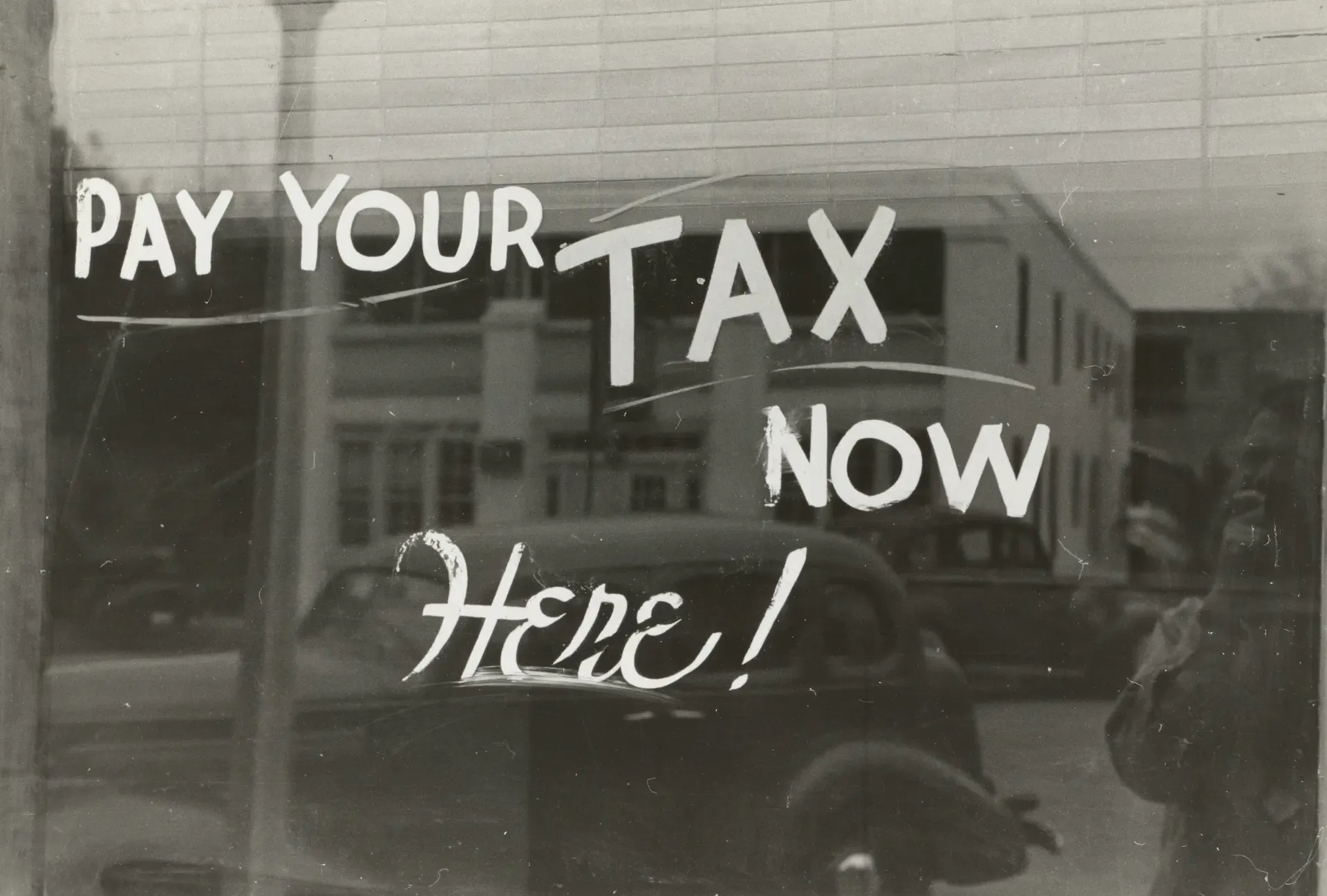HMRC, tax codes, and avoiding a very costly 2025
Here's an example of how incorrect calculation of taxes can be a pain in the neck even though the tax office gave you the calculations.

I live in the UK. The UK personal tax year runs from 6th April to 5th April next year. When that rollover happens, HMRC (the tax people in the UK, His Majesty’s Revenue and Customs) looks at everyone’s tax codes, history, legislation change, number of jobs, and issues new codes to be used for the upcoming year. There are a few types of codes that each can be adjusted slightly by whatever allowances you may have due to different things, like pension contributions out of pocket, being married, having kids, donating to charity, whatever.
In the UK in the ideal scenario we have a tiered tax system. In this tax year (6th April 2024 until 5th April 2025) on your yearly salary you pay the following taxes:
- on your pay in the band £0 until £12,570 you pay 0% tax*
- from £12,570 to £50,270 you pay 20%, also known as basic rate
- from £50,270 to £125,140 you pay 40%, also known as higher tax rate
- and on anything above £125,140 you pay 45%, also known as additional tax rate
That little * next to the 0% tax is there because once you earn over £100,000, for every £2 you earn, you lose £1 from your personal allowance. For example:
- you earn £100,500. That’s £500 above £100k. You lose £250 personal allowance
- therefore instead of the 0% going from £0 to £12,570, it only goes until £12,320, and everything above that is taxed at the basic rate of 20%
- this effectively means there’s a weird 60% effective tax rate on some of your earnings
HMRC sends a letter
They send this letter out to everyone who works. It’s essentially a templated letter that says:
Dear So–And–So,
We have looked at your circumstances, and here are the new tax codes your employers will be using for calculating the taxes on your income in their payroll software:
<table and notes here>
Best, HMRC
I had a conversation with someone who has the privilege of earning in the additional tax rate, so some of their income gets taxed at 45%. They also have a limited company where they’re the sole owner and the only employee, which means they, as the company, need to run payroll for themself, the employee.
The issue they faced was that the tax codes were such:
- BR code for full time employment where the figure runs into the 45% tax band
- K-code for the company
Panik!
This is not ideal. BR tax code means that all of the income gets taxed at the Basic Rate, at 20%. Even the parts that should be taxed at 40% and 45%. If they had personal allowance that’s normally taxed at 0%, under a BR tax code that would have a 20% tax on it as well.
The tax office will get what is due for them, so it essentially said to them “ya know that part of your income that should have been tax, but wasn’t, because we put you in the basic rate? Yeah, we’re gonna shift that to your company, and give you a personal allowance of like -£80,000 (minus eighty thousand pounds). Good luck!” That’s the K-code.
If they were to have left this as is, they wouldn’t have paid enough tax from their full time employment, and they wouldn’t have paid enough tax via their own company because they’re not taking out money from it in salary, so there’s nothing to tax, which means come end of year, they would have owed HMRC a deposit for another house. That’s uncomfortable.
Solution
Thankfully the solution to this was as easy as giving HMRC a call on the number they listed on the same letter, being on hold for some 50 minutes, and then explaining to them that perhaps this isn’t ideal, and would they be able to tax their full time employment normally at 0T tax code (so correctly tiered but having lost their entire personal allowance), and their own company being at D1, or anything in that gets taxed at 45%, which is correct, because they’ve already hit that level on their full time employment.
There were some variations with random allowances around gift aid, the numbers were slightly exaggerated, but the important part is that you should keep an eye on your tax code, read up on it, and generally know how it works.
I would really hate to be in a situation where end of year the tax office comes knocking demanding a lot of money I’ve not paid.
Photo by The New York Public Library on Unsplash
